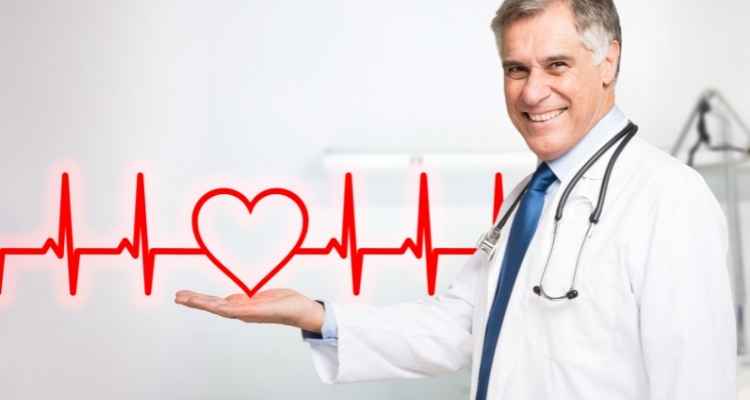The heart is the engine for the body. Without the heart pumping blood normally, our bodies experience various problems since the muscles lack enough supply of blood and oxygen. Diseases like heart failure, stroke, and movement disorders may arise, which is why it is essential to monitor our heart and ensure that it is functioning well as it should be. If you have heart-related issues, call or visit Upper East Side cardiology for Echocardiogram in Upper East Side.
What to know about echocardiogram
An echocardiogram is a test performed to check how your heart muscles and valves are working using sound waves. The waves get pictures and sound of the heart and determine whether it is the right size and shape and whether it performs its function as it should.
Why is an echocardiogram necessary?
· Check any possibilities of heart disease.
· To monitor and examine valves for any signs of valve disease
· In the case of medical or surgical treatments of the heart, it helps in monitoring the progress
· Identification of blood clots
· Enlarged heart
What are the types of echocardiography?
· Stress echocardiogram – Two tests are performed, one while resting and another after working out. The test checks your heart rate and blood pressure.
· Transthoracic echocardiogram – It is a non-invasive test where a gel is applied to your chest, and then the cardiologist uses a handheld transducer to scan and monitor your heart. It doesn’t use radiation and instead uses high-frequency waves to the heart forming images and sound.
· The 3-D echo shows all areas of the heart and is effective in examining heart valves.
· A transesophageal echocardiogram – The test is done by accessing the heart through the mouth down into your esophagus. The echocardiogram is more effective since the esophagus is close to the heart, and the waves don’t have to pass through the skin and muscles.
What happens during the test?
Once you visit the cardiologist, you will be briefed on all the procedures to be carried out in detail to be well informed before you begin the test. You are supposed to remove your clothes from the chest upward. The cardiologist will apply an electrode that is gel-like on your chest. The electrodes are attached to an electrocardiograph monitor, which results from how the heart is functioning. In case of a transesophageal echocardiogram, you will get a mild sedative which allows the cardiologist to access your throat without feeling any pain. Once the results are out, the specialist will advise you on the status of your heart. If there are problems identified, then the additional diagnosis may be recommended so treatment can begin.
Are there risks associated with echocardiograms?
An echocardiogram is a very safe test compared to other imaging tests like x-rays since it doesn’t use radiation. Their minimal injections and also medication use don’t have a long-term effect.
A team of cardiologists at Upper East Side cardiology performs an echocardiogram for patients with heart-related issues. If you are experiencing some of these issues and would like to be attended to, look no more for a better facility. Call or book online to schedule an appointment.

